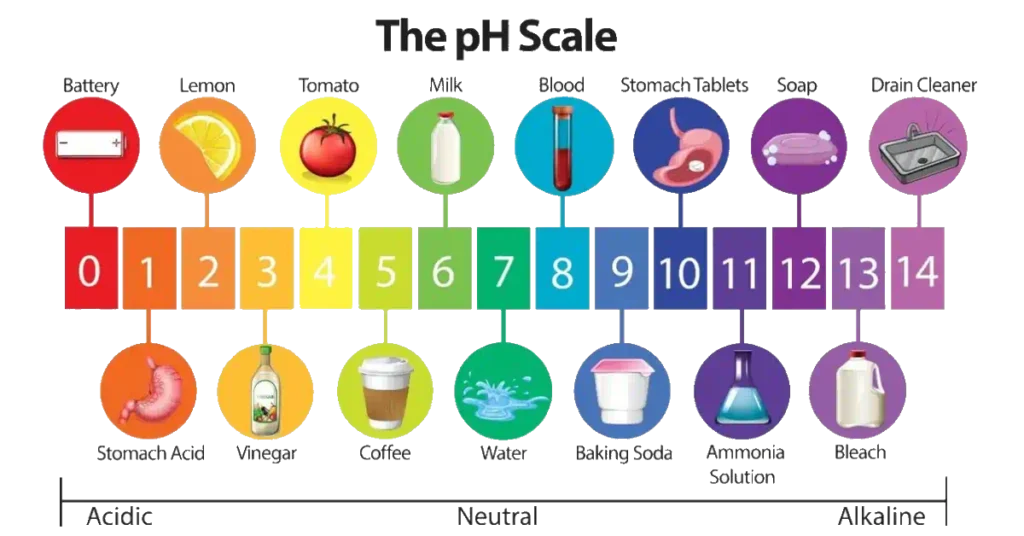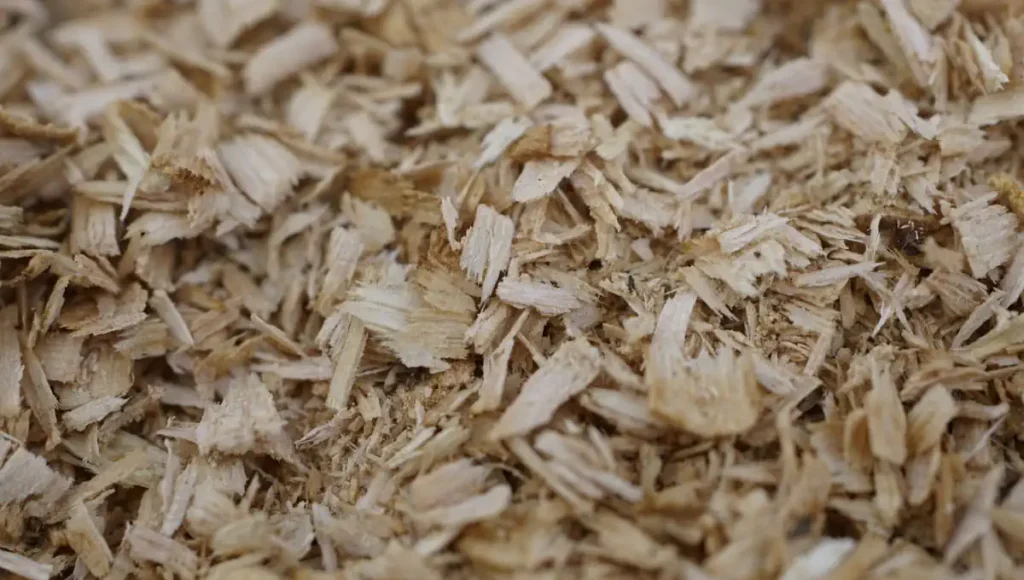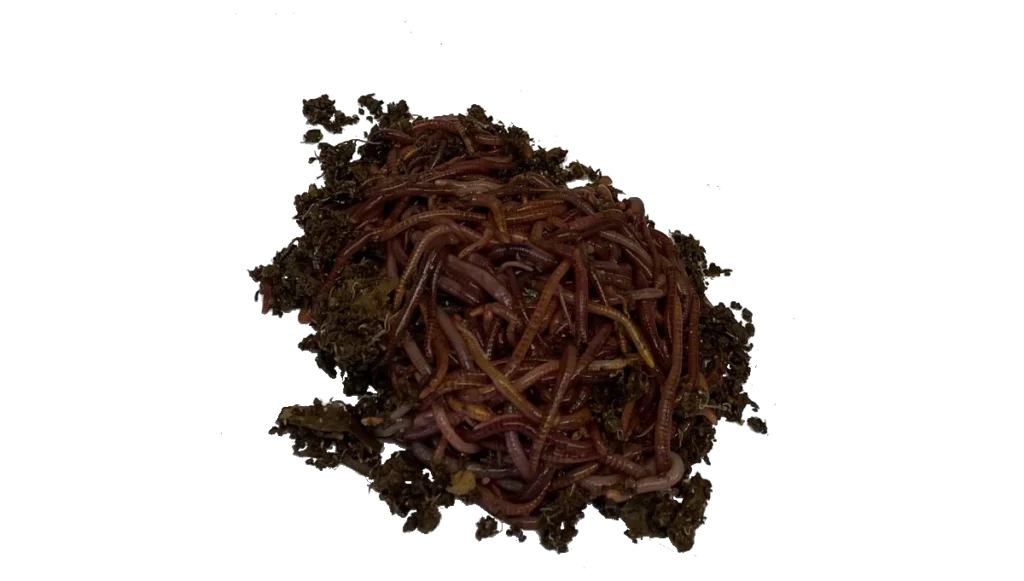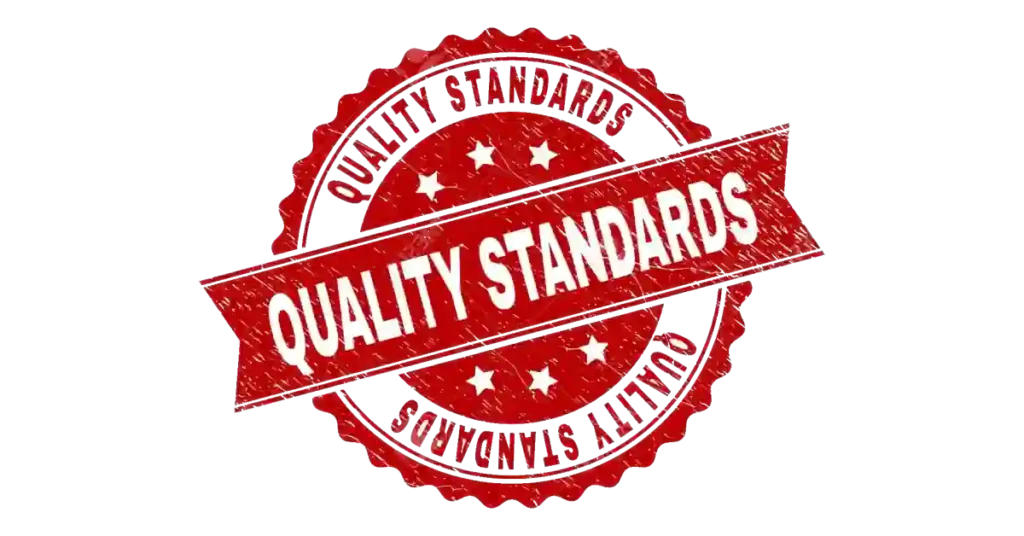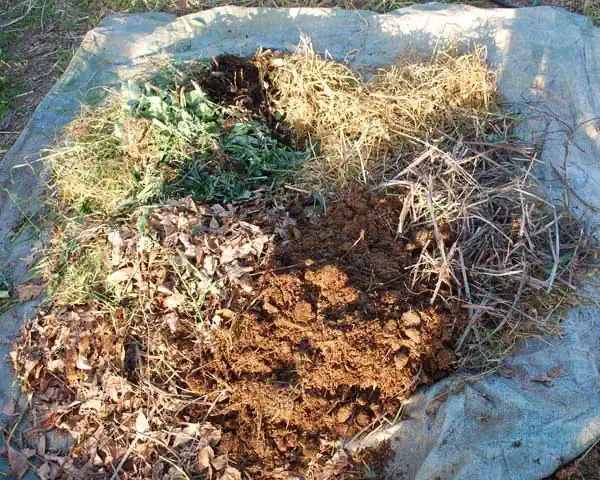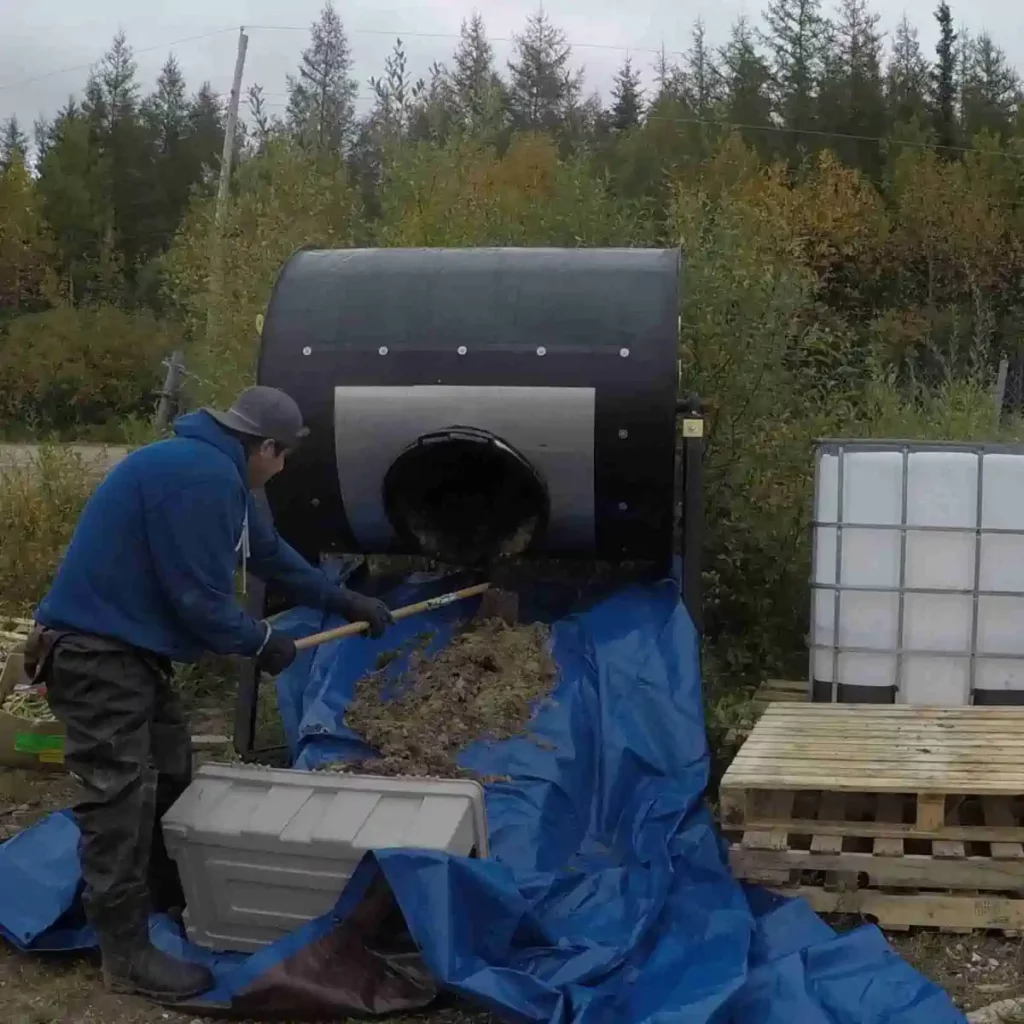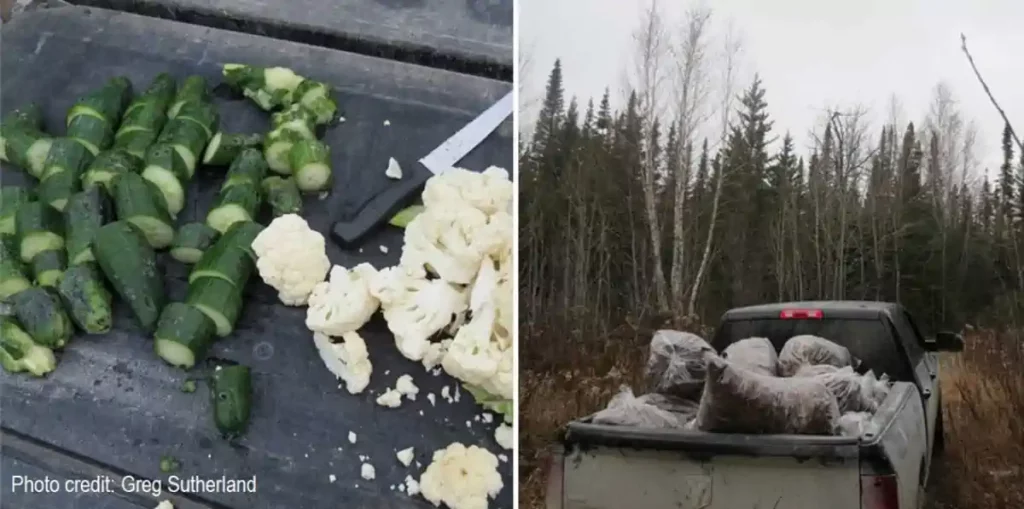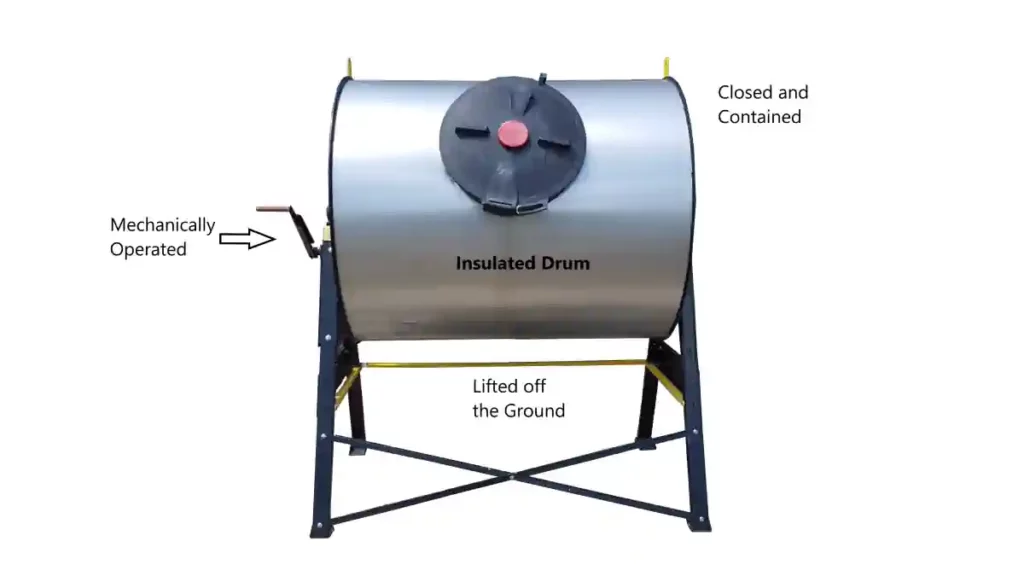The Basics and Acids of Composting
Quite commonly, pH is not a primary concern within a compost system; however, pH can impact microbial efficiency and compost quality. pH is a logarithmic scale from 0 to 14 that measures a substance’s acidity or alkalinity. A pH of 7 is considered neutral, while a pH below 7 is acidic, and above 7 is […]

